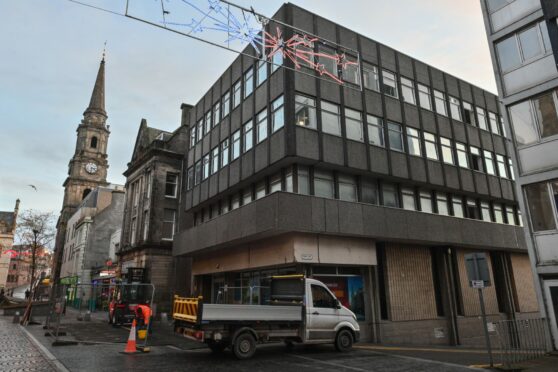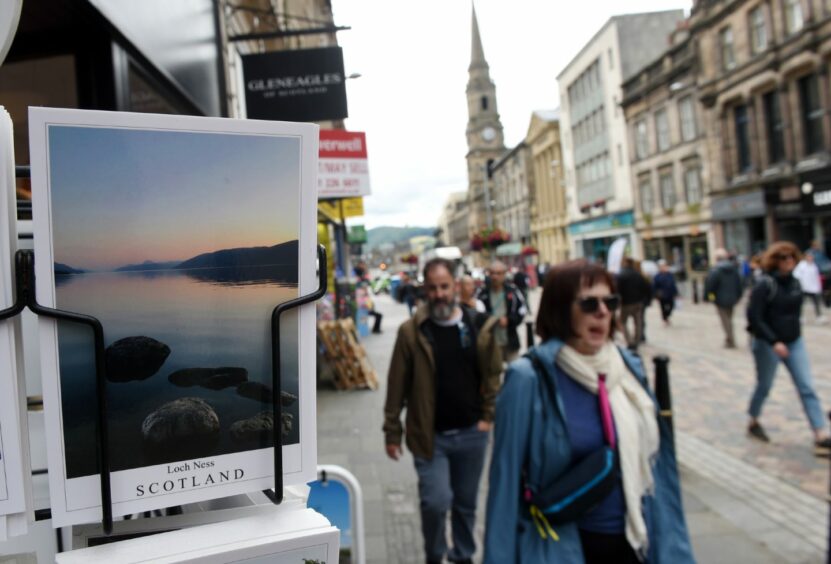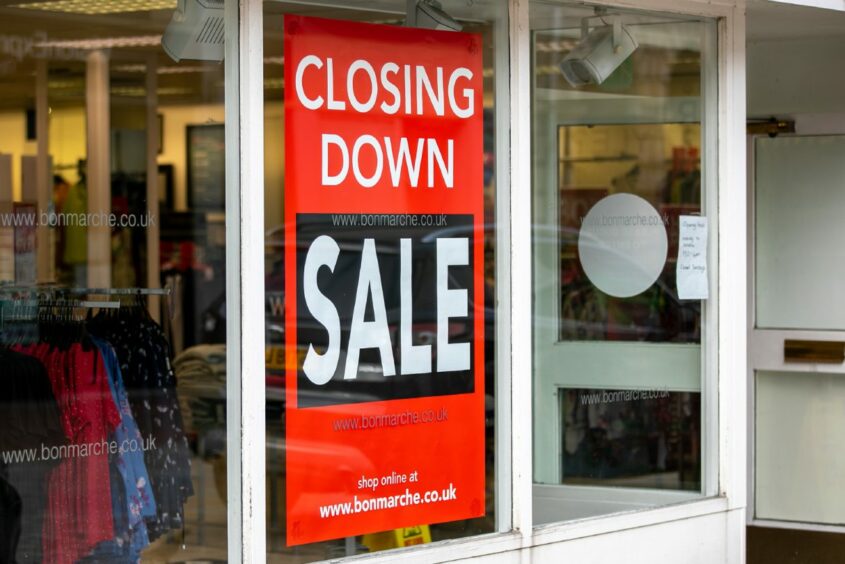Around one in eight Inverness city centre units are now empty, new figures have revealed.
A health check compiled by Highland Council has shown that 12.6% of the city centre’s spaces are vacant, up from 7.8% in 2018.
The report suggests the increase “may be due to a declining retail market” or “lack of appeal for businesses to set up shop in the city centre”.
An audit was carried out in the summer of 2022.
It showed that 96 units are now vacant in Inverness city centre.
Pandemic accelerated Inverness city centre struggles
The landscape is markedly different now than it was in 2018.
City centres were already struggling, fighting a losing battle against the rise of internet shopping and out-of-town retail parks.
The pandemic made that situation even more precarious.
That aspect is a key part of the health check report.
It states: “It is important to recognise that this audit was undertaken in the aftermath of the Covid pandemic.
“These vacancy/occupancy rates may simply be a reflection on the economic difficulties that have been faced, on a global scale, over the past few years.
“It will be interesting to see how the picture may change between the 2022 study and the next health check.”
A series of other town centre health checks have also been carried out across the north. The results of those will be made public in the near future.
Among the other interesting findings is a public survey on different aspects of the city centre’s performance.
Overall, Inverness city centre has been given a 77% public satisfaction rating.
Of the five categories in the survey, Inverness’s highest score was 91% for accessibility.
It also scored 87% for safety and security, 73% for pavement and streets, 72% for evening economy and 64% for retail.
Could business rates review offer hope?
An upcoming business rates review could help improve the outlook of Inverness city centre.
Organisations like Inverness Bid have long argued for action on this to help kickstart things.
There have also been calls for schemes such as an internet sales tax to level the playing field and help bricks and mortar retailers compete with online stores.
Scottish Retail Consortium director David Lonsdale has previously said that ownership of the vacant shops is a key issue.
That’s because many are owned by private sector landlords, rather than councils.
He said: “Obviously a healthy and vibrant High Street or town or city centre will make it more likely there will be fewer empty units.
“Councils may know or have a register of the landlords and could perhaps approach them to see if they need assistance marketing the property.”



Conversation